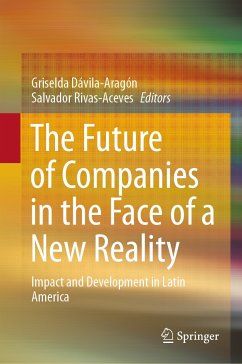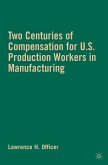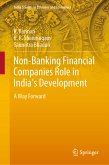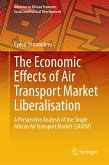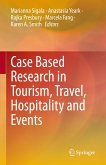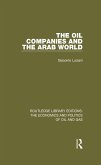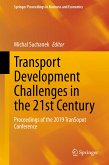This book analyzes the changes brought on to economic and business activities in Latin America due to the new scenarios, environments and social dynamics the world is facing as a result of the COVID-19 pandemic, at both micro- and macroeconomic levels.
Recent changes to working environments has brought discussions on work-life balance to the forefront, and creating support mechanisms to attract and retain the next generation of workers has become a primary focus for talent managers. At an industry level, there are expectations that once the crisis passes, there will be massive capital inflows toward ESG investments in emerging markets driving the transformation of companies. Consequently, ESG business models will have a cascading effect in the whole supply chain (upstream, midstream and downstream) and will generate greater value for all stakeholders. At the same time, technologies of the fourth industrial revolution, such as Blockchain and Artificial Intelligence, have gradually been adopted by companies leading the charge in ESG business models. The financial sector has taken the lead in these two technologies, but the challenge generated by the COVID-19 pandemic forced other sectors to innovate rapidly in order to remain afloat. Using empirical and theoretical frameworks, the contributors in this book identify the most attractive alternatives to benefit consumers in an adverse environment like the one the world is facing as a result of the COVID-19 pandemic, which while posing a significant challenge for most industries, has also created new opportunities for innovation and ingenuity, analyzing case studies from the coffee and medical tourism sectors in particular.
Dieser Download kann aus rechtlichen Gründen nur mit Rechnungsadresse in A, B, BG, CY, CZ, D, DK, EW, E, FIN, F, GR, HR, H, IRL, I, LT, L, LR, M, NL, PL, P, R, S, SLO, SK ausgeliefert werden.

